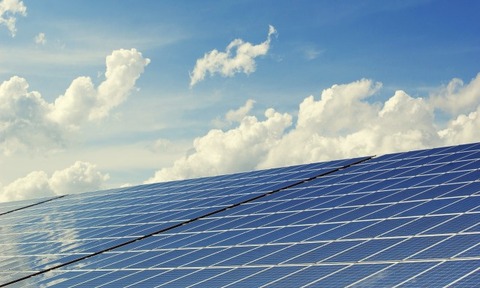Manchester Uni swaps polymers for polystyrene in solar cells development
18 Aug 2017

Researchers at the University of Manchester are using polystyrene as opposed to polymers in an effort to produce more cost-effective solar cells.
According to the researchers, the move could reduce the cost of production and manufacturing of solar cells, thereby making electricity cheaper for the public.
The research, published in the journal Nanoscale, reveals how scientists are using insulating polystyrene microgel particles to reduce the costs and improve the stability of Perovskite Solar Cells or PSCs, the university said.
PSCs have “unprecedented increases” in their rate of power conversion efficiency and potentially have relative low cost per watt, the university added.
However, Brian Saunders, professor of polymer and colloid chemistry at the University of Manchester, said more research was required to enable the full potential of PSC technology.
Saunders said: “Improving PSC stability and reducing expensive hole-transport material (HTM) use are two aspects that are gaining increased attention.
“That is why we’re looking at how best to produce PSCs, keep them dry and make them even more commercially viable in the future.”
Readers' Comments
There are no comments on this article, leave a comment below to have your say
Have Your Say
The comments have closed for this article

